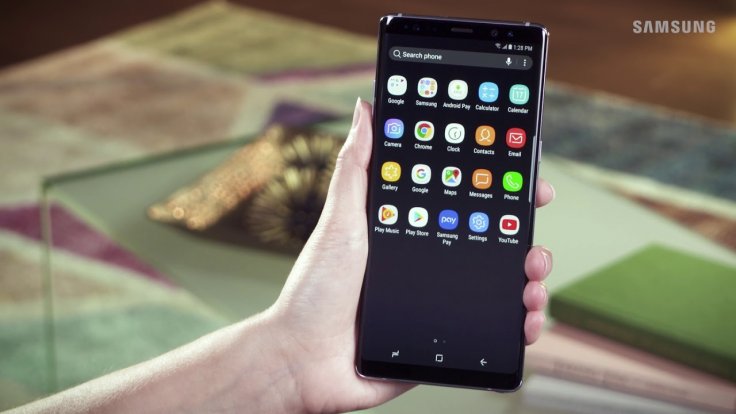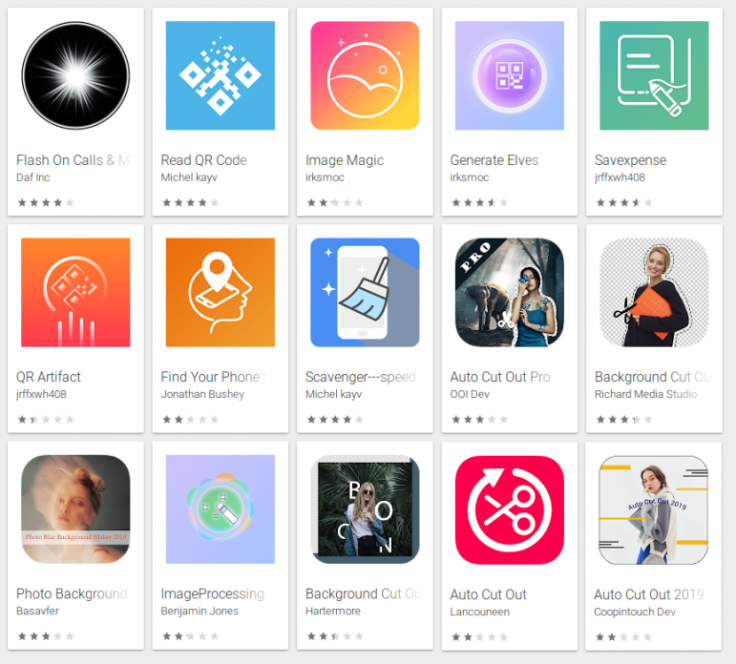There are chances that you might have unknowingly downloaded some apps on your Android device from the Google Play Store. It may seem like a harmless photography editing app or a QR-code reader but what you may not know is that some of these apps could be laced with adware and come with sophisticated code to avoid detection from security trackers.
Apps use creative ways to deceive you

Recently, security research company Sophos has listed out more than a dozen apps on Google's app marketplace that it has found to be guilty of infecting devices with adware. These adware-laced apps were found to be serving up ads in order to generate revenue for its developer and it used creative techniques to hide the app's icon in the launcher, thus making it difficult for users to find and delete them from their devices.
For instance, an app might show up in your app tray at first, but when you try to launch the app, you'll get a fake warning message saying that your device does not support the app and then redirects you to the Google Play Store before hiding the app's icon from the app tray so users can't uninstall it.
Nine out of the 15 apps that Sophos identified disguised themselves by using misleading icons and name, which seem to have been chosen because of the similarities they share with an innocuous system app.
The 15 adware-ridden apps on Google Play Store are as follows:
- com.a.bluescanner
- com.bb.image.editor
- com.cc.image.editor
- com.d.bluemagentascanner
- com.doo.keeping
- com.e.orangeredscanner
- com.hz.audio
- cos.mos.comprehensive
- com.garbege.background.cutout
- com.hanroom.cutbackground
- com.jiajia.autocut.photo
- com.jiakebull.picture.background
- com.fruit.autocut.photo
- free.calls.messages
A visual representation of these apps and its icons have been given below so you know what they look like on the Play Store:

How to protect your devices from adware?
One way to ensure your phone or tablet is not infected with sneaky adware like this is to make sure you're only downloading apps that you've heard of instead of just installing anything you find on Google's app marketplace. Moreover, keep reading reviews of the app on Google Play before you hit download. If a number of users have reported the app as a sham, or adware, you probably want to stay as far away from it as possible.
If your device is already infected by shady adware, then you should consider downloading then download a legitimate cybersecurity app. These are designed specifically to hunt and destroy adware and all you need to do is run a scan, and it'll find and delete the adware from your device.









